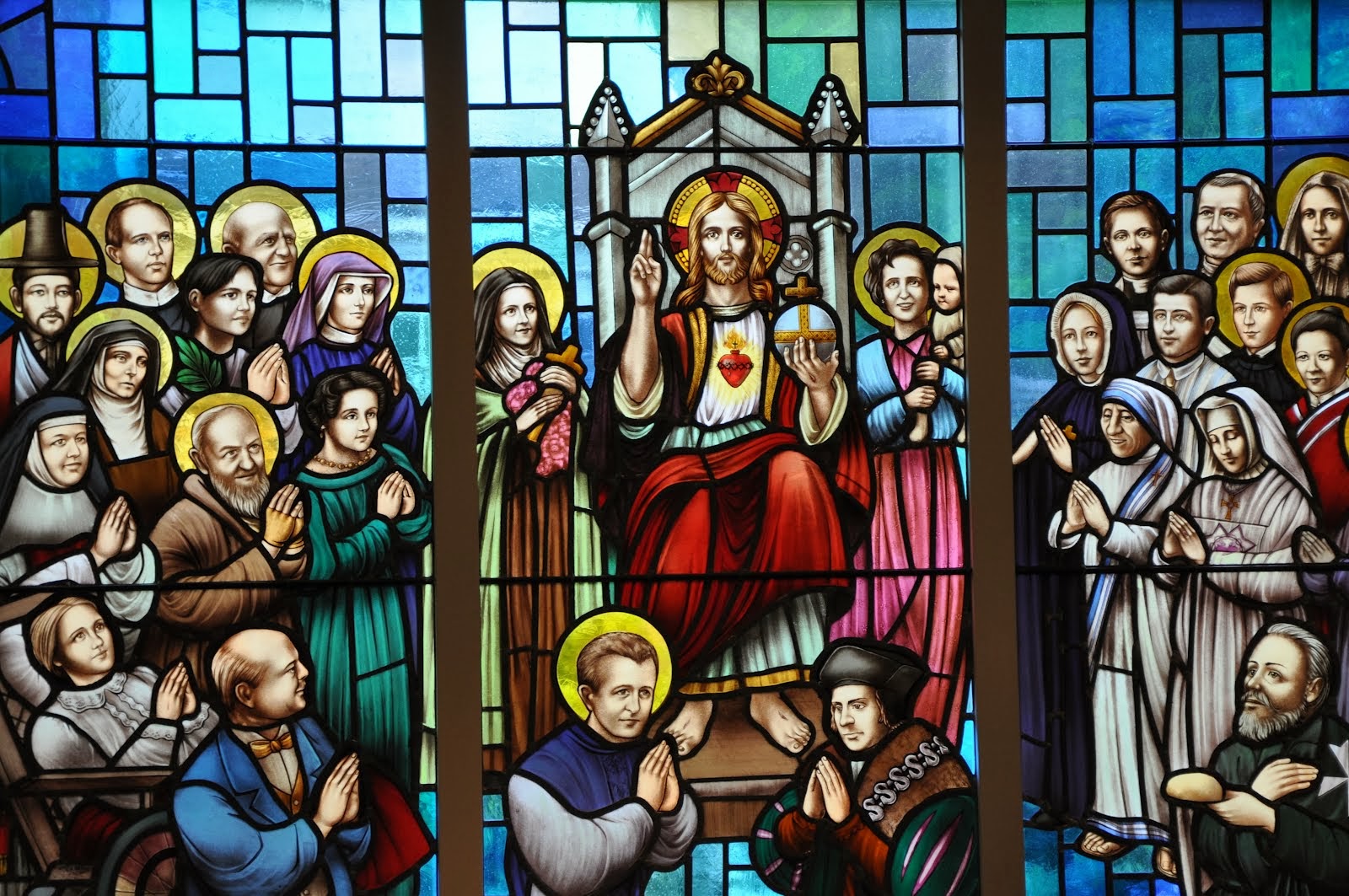
“I feel an indescribable pleasure in reading the Acts of the Martyrs; but when the Martyr is a woman, my enthusiasm is doubled. For the frailer the instrument, the great is the grace, the brighter the trophy, the grander the victory; and this, not because of her weakness, but because the devil is conquered by her, by whom he once conquered us. He conquered by a woman, and now a woman conquers him. She that was once his weapon is now his destroyer, brave and invincible. That first one sinned, and died; this one died that she might not sin. Eve was flushed by a lying promise, and broke the law of God; our heroine disdained to live when her living was to depend on her breaking her faith to Him who was her dearest Lord. What excuse, after this, for men, if they be soft and cowards? Can they hope for pardon, when women fought the holy battle with such brave, and manly, and generous hearts? St. John Chrysostom (4th-5th centuries, Doctor of the Church)
“Surely Almighty God should be greatly loved by women, since He did not disdain to be born of a woman. Hereby He conferred a wonderful honour and dignity on women, for although no man has been gifted with the right to be called the father of God, a woman has received this great distinction of being called the Mother of God.” St. Hugh of Lincoln (12th century)
“The loveliest masterpiece of the heart of God is the heart of a mother.” St. Therese of Lisieux (19th century, Doctor of the Church)
“Being a wife and mother was never an obstacle to my spiritual life.” Bl. Concepcion Cabrera de Armida (19th-20th centuries)
“Society is suffering acutely because of the lack of truly Christian mothers. Since society is based on the family, its very shape and fate is largely in the hands of women. If they were given a thorough Christian education and well-grounded in Christian principles, the whole of society would rise regenerated in newness of life.” St. Placid Riccardi (19th-20th centuries)
“In three different ways, woman can fulfill the mission of motherliness: in marriage, in the practice of a profession that values human development – and under the veil as the spouse of Christ.” St. Teresa Benedicta of the Cross (Edith Stein) (19th-20th centuries)
“The very emergence of woman into the political, economic, and social life of the world suggests that the world needs a continuity which she alone can supply; for while man is more closely related to things, she is the protector and defender of life. She cannot look at a limping dog, a flower overhanging a vase, without her heart and mind and soul going out to it, as if to bear witness that she has been appointed by God as the very guardian and custodian of life. Although contemporary literature associates her with frivolity and allurement, her instincts find repose only in the preservation of vitality. Her very body commits her to the drama of existence and links her in some way with the rhythm of the cosmos. In her arms, life takes its first breath, and in her arms, life wants to die. The word most often used by soldiers dying on the battlefields is ‘Mother.’ The woman with her children is ‘at home.’ and man is ‘at home’ with her.” Ven. Fulton Sheen (19th-20th centuries)
“This innate regard for the sacredness of love explains chivalry in man towards woman, not because he believes her to be physically weaker, but because of the awe he feels in the presence of mystery.” Ven. Fulton Sheen
“That special power of loving that belongs to a woman is seen most clearly when she becomes a mother. Motherhood is the gift of God to women….Yet we can destroy this gift of motherhood, especially by the evil of abortion…No job, no plans, no possessions, no idea of ‘freedom’ can take the place of love.” St. Teresa of Calcutta (20th century)
I am convinced that a mistaken anthropology is at the root of the failure of society to understand the Church teaching on the true role of women. That role is in no way diminished but is in fact enhanced by being related in a special way to motherhood – the source of new life – both physical and spiritual.” Pope St. John Paul II (20th-21st centuries)
“You women had always had as your lot the protection of the home, the love of beginnings and an understanding of cradles. You are present in the mystery of a life beginning. You offer consolation in the departure of death. Our technology runs the risk of becoming inhuman. Reconcile men with life and above all, we beseech you, watch carefully over the future of our race. Hold back the hand of man, who, in a moment of folly might attempt to destroy human civilization.” Pope St. John Paul II
